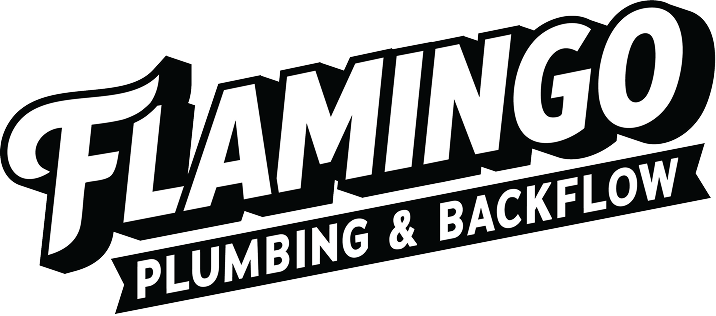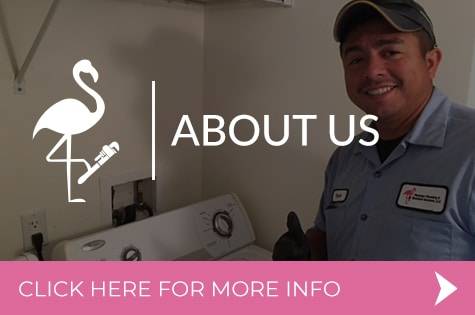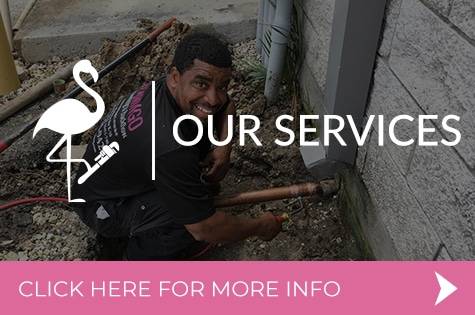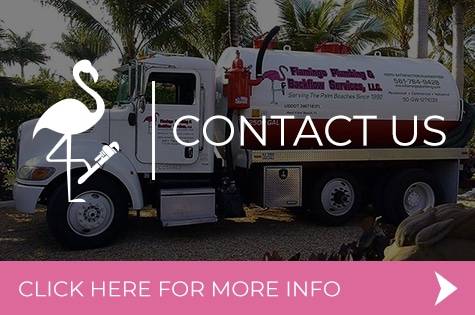Pipe corrosion is a significant setback to households and various industries, such as construction companies. While there are several causes of pipe corrosion, the result is catastrophic. For instance, corrosion of water pipes means the entry of harmful substances that are risky to your health. Thankfully, you can avoid such risk by preventing pipe corrosion from occurring. In this case, we’ll look at ways how to avoid pipe corrosion.
What’s Pipe Corrosion?
This is the deterioration of the surface of a pipe and the loss of its structural integrity. It can be due to microbial breakdown or chemical reactions. The most common type of pipe corrosion is rusting, which results from the chemical reaction of metal with oxygen and water. The oxide that forms from this form of pipe corrosion has weaker bonds. As such, the metal ends up crumbling or collapsing.
Signs of Pipe Corrosion
To identify if your pipe is experiencing corrosion, please note the following signs:
Leakages
Whether it’s a minor or major leak, leakages are not a good sign. Often, it indicates that your pipe has been rusting for a while. At this point, it has lost its structural integrity. Depending on the size of the corrosion, you may or may not have to replace the entire pipe.
- Discolored water: water turning from clear to yellow or brown is a sign of discoloration.
- Age: you need to replace pipes that are over a decade old.
Ways to Avoid Pipe Corrosion
- Maintaining Clean Pipes
Maintaining your pipes clean is an effective way to curb microbiological-induced pipe corrosion. If the pipes are in the ground, chemical treatment should be considered, whether water or other fluids running through it. But this step is best left for professional plumbers.
- Prevent Metal-to-Metal Contact
Please note that metal-to-metal contact is disastrous. This is because it can lead to the loss of electrons from one metal to another, leading to galvanic corrosion. While the metal gaining electrons will become stronger, the other will lose structural stability. That said, insulating metals and preventing direct contact is essential.
- Keep Track of Water Pressure
Excess water pressure is detrimental to the pipes. This is because it subjects the pipe to intense stress that triggers corrosion. Therefore, you should address the issue with water pressure immediately to avoid costly pipe replacement.
- Track Water Composition
The best non-corrosive water PH to pipe must range from 6.5 to 8.5. Also, the water must be cool since hot water triggers corrosion. Lastly, the oxygen levels must be minimal since it’s an ingredient for metal corrosion through rusting.
- Install Metal Protection
There are special metal coatings that professional plumbers can help you install around your pipes. This coating will prevent corrosion from occurring on your pipes. You must coat the joints and bolts, whether it’s a sealant or galvanization.
- Stable Structures
Moving metal pipes can rub against the surface, eliminating the protective layer and allowing corrosive materials to enter. Therefore, all the pipes must be firmly bonded to the surface for stability.
Final Take
Lastly, do you want to avoid pipe corrosion on your property? Well, reach out to Flamingo Plumbing & Backflow Services for professional help. As experts in offering plumbing solutions, we’ll help you implement a protective measure that guarantees the safety of your pipes. You can also hire us during construction projects to help you if you want to learn how to avoid pipe corrosion.
Those living in West Palm Beach and the surrounding area can use our expertise. You can call us anytime you’re dealing with any plumbing issue.





